Cambodia's economy is due for strong growth this year but that's on the back of a challenging 2023. However, some key sectors are expected to see greater improvement - but property investment shouldn't be focused on shorter time frames but much longer ones.
The investment into the growing infrastructure attracts investors seeking opportunities in Cambodian real estate, and Cambodia stands out as a competitive marketplace in the region for the long term. The country is also elevating its domestic income levels and should be on target to achieve middle-income status by 2030.
It's within this framework, that real estate and property, especially at their current market values, do offer opportunities for different budgets.
Property Ownership Opportunities In Cambodia
There is a diverse property market in the Kingdom, from a selection of land or modern pre-built condos, as well as newer legal mechanisms to allow investments into most types of real estate and land which offer advantages and potential challenges across different budget ranges.
Although not nationally implemented, the Special Investment Promotion Program For Sihanoukville In 2024 (which is open to applications now) offers another alternative investment mechanism in a specific region. It also shows the government’s flexibility in implementing pro-investment initiatives to attract the necessary FDI required to boost development.
Steven Higgins, recently told B2B Cambodia that the Cambodian government’s announcement of a reduction in bank reserve requirements to 7 per cent at the Government-Private Sector Forum (G-PSF) was also a positive sign for the future as it essentially helps to inject approximately USD $2.5 billion worth of liquidity into the market.
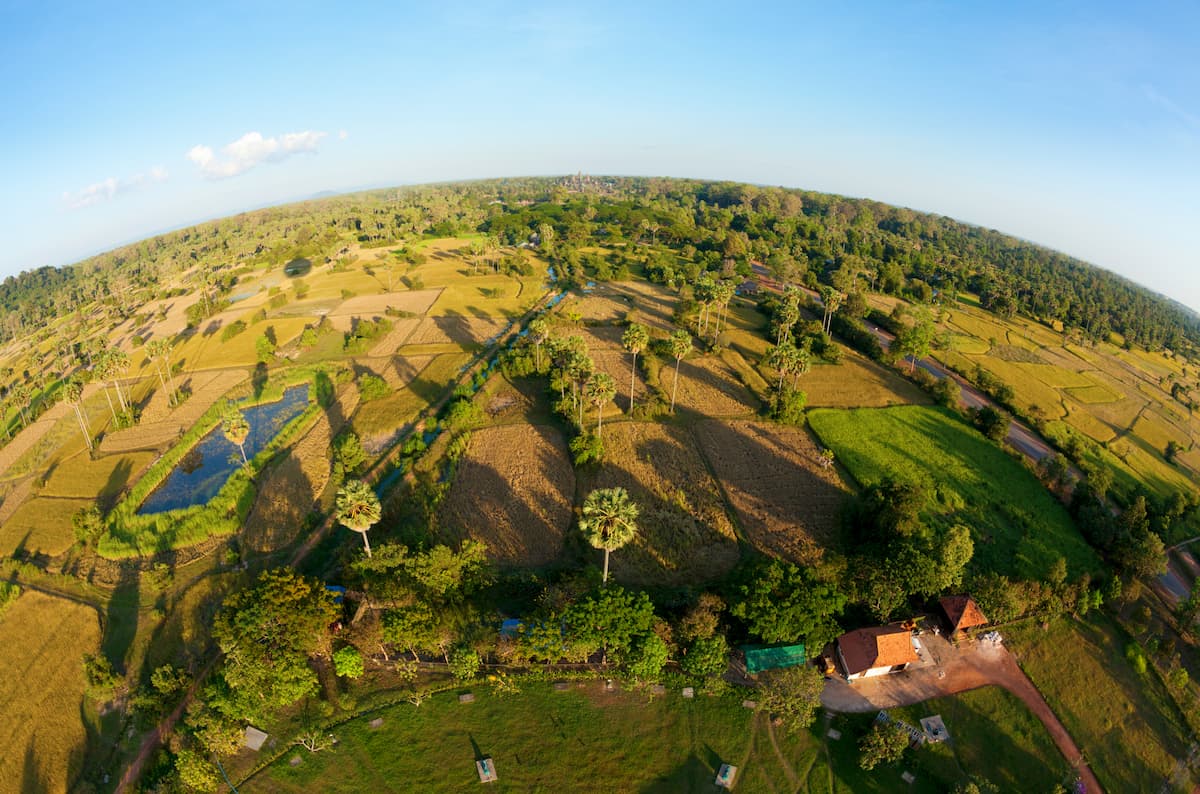
With apartments and landed property available, what types of real estate are accessible for purchase by foreign nationals and what should you be considering in terms of capital growth or yield?
- Cambodian citizens and foreigners can enjoy freehold ownership, with hard-title ownership being the most secure option.
- Foreigners can purchase condominiums and apartments with strata titles in post-2010 built buildings, adhering to specific ownership ratios and geographical restrictions. According to R.A. 4726, foreigners can buy and register (under their own name) a condominium unit in Cambodia - the Condominium Certificate of Title (CTC) will be registered under the foreigner's name too.
- While direct land ownership is restricted for foreigners, leasehold agreements, nominee structures, landholding companies, and Trust Laws provide viable investment mechanisms.
Cambodian citizens can rightfully fully own real estate, provided all legal procedures are correctly followed. More can be read on title ownership in Cambodia.
For foreign investors, condominiums and apartments constructed after 2010 are available for foreign purchase under the strata-title scheme and condos remain the most sought-after properties - but better bullet homes buying from reputable developers have been the most recent shift.
There are prohibitions for non-Cambodian citizens from owning land or landed properties in Cambodia directly. Under the Cambodian Constitution (1993) and Article 8 of the Land Law (1992), “Only natural persons or legal entities of Khmer nationality have the right to ownership of land in the Kingdom of Cambodia”.

However government-approved policies have facilitated other legal investments. Nominee structures, landholding companies, and the Trust Law offer alternative forms of ownership for real estate investors. H.E. Sok Dara, Director General of the Trust Regulator confirmed that by the start of 2024, there were now 810 registered Trust cases, accounting for USD $1.29 billion worth of assets.
Beyond Budgets - What To Know When Buying Real Estate
Remember, budgets are not the only factor when looking to make property and real estate investments, especially if it's in a foreign country.
- Investment goals: Are you seeking capital appreciation, rental income, or a combination?
Risk tolerance: Land development carries inherent risks while existing buildings offer immediate income but might require renovations. - Expertise: Do you have experience managing construction or property management or do you need to partner with professionals on the ground?
- Do Your Own Research (DYOR): Thoroughly research specific areas, regulations, and development trends before making your decision and speak to trusted professionals.
- Explore opportunities in Special Economic Zones (SEZs) - These offer tax benefits and streamlined regulations for investors.
Capital Appreciation Or Rental Returns
According to the IMF Cambodia Country report, real estate and construction accounted for a quarter of corporate debt in the Kingdom, but the largest share was accounted for by retail and wholesale trade.
Capital appreciation is the increase in a property's value over time, influenced by factors such as location, demand, and economic conditions and something investors and homeowners will want to consider when purchasing.
For investors, the primary objective is to profit from capital appreciation by buying property at a lower price and selling it at a higher price in the future - the current market price in Cambodia means there are some great real estate stocks available at attractive prices.
If you are seeking to buy and rent - rental return (also known as rental income or yield) is the income earned from leasing out a property to tenants.
To ensure a steady demand for rentals, investors need to stay focused on prime locations and consider contributing factors like property demand and tenant requirements.
- Capital appreciation involves profit from selling property at a higher price over time, suitable for both off-plan and existing properties.
- Rental returns offer steady income from leasing properties, with success dependent on location, demand, and property features.
Property Tax Considerations In Cambodia
In Cambodia, the property tax, officially known as the Tax on Immovable Properties (TOIP), is a yearly tax applied at a rate of 0.1% to immovable properties valued above USD $25,000 (KHR 100 million).
This includes land, houses, buildings, and infrastructure. Properties valued below this threshold, as well as state-owned, agricultural, and industrial lands, are exempt from this tax.
The market price of the property is determined and established by the Ministry of Economy and Finance through evaluation. For several years the Cambodian government has delayed the implementation of the country's capital gains tax - with the last delay pushing this back until 1 January 2025.
The aforementioned IMF report suggested on property tax valuations, law or regulation should be required for valuations to be reassessed at least every five years, with indexing in the interim years with clear guidelines for valuations to be provided.
It also suggested that the property tax, in the medium term, should be raised at a rate of 0.5 per cent and in the longer term, provide local governments with the option to set local rates within a modest range set by the central government.
Overall the report suggested that there should be reform aimed at “improving property registration for tax purposes; property valuation to better track market developments; tax enforcement; revenue estimation and simulation capabilities.”
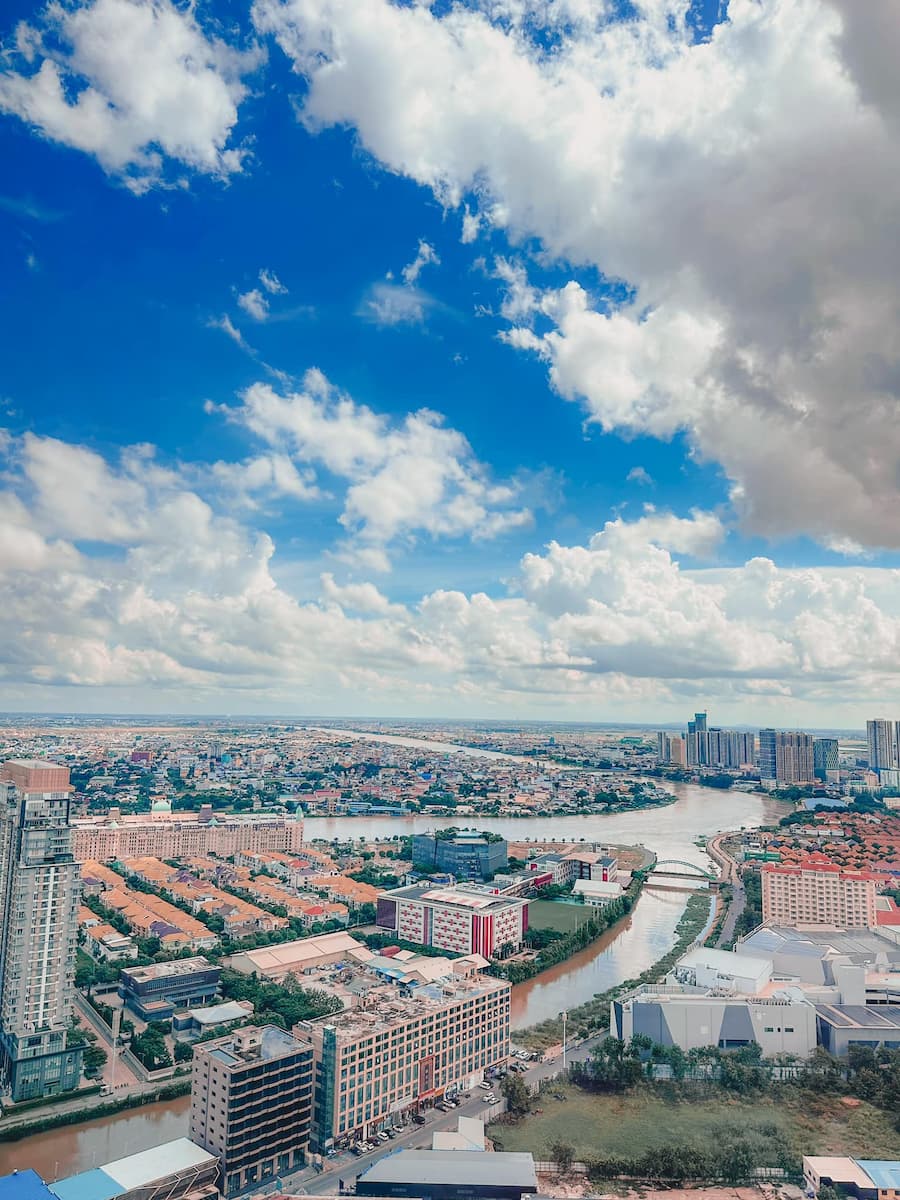
Actually, the G-PSF 2023 has addressed some tax concerns and administrative reforms.
Ultimately the country’s lower labour costs, political stability, and ongoing infrastructure investments are presenting attractive propositions.
The best choice for you depends on your circumstances and goals and each buyer or investor needs to carefully weigh the advantages and challenges of both land and buildings within your budget range, and consult with experienced professionals for informed guidance.
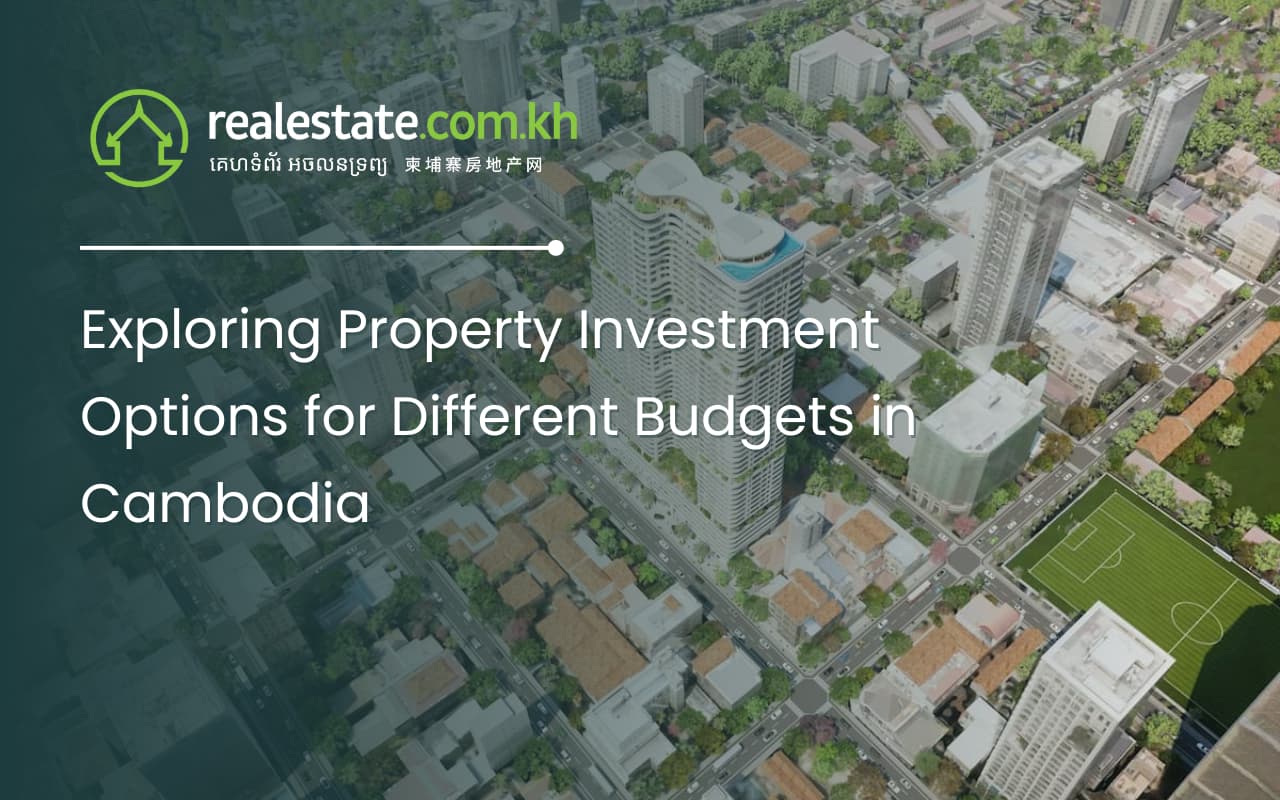
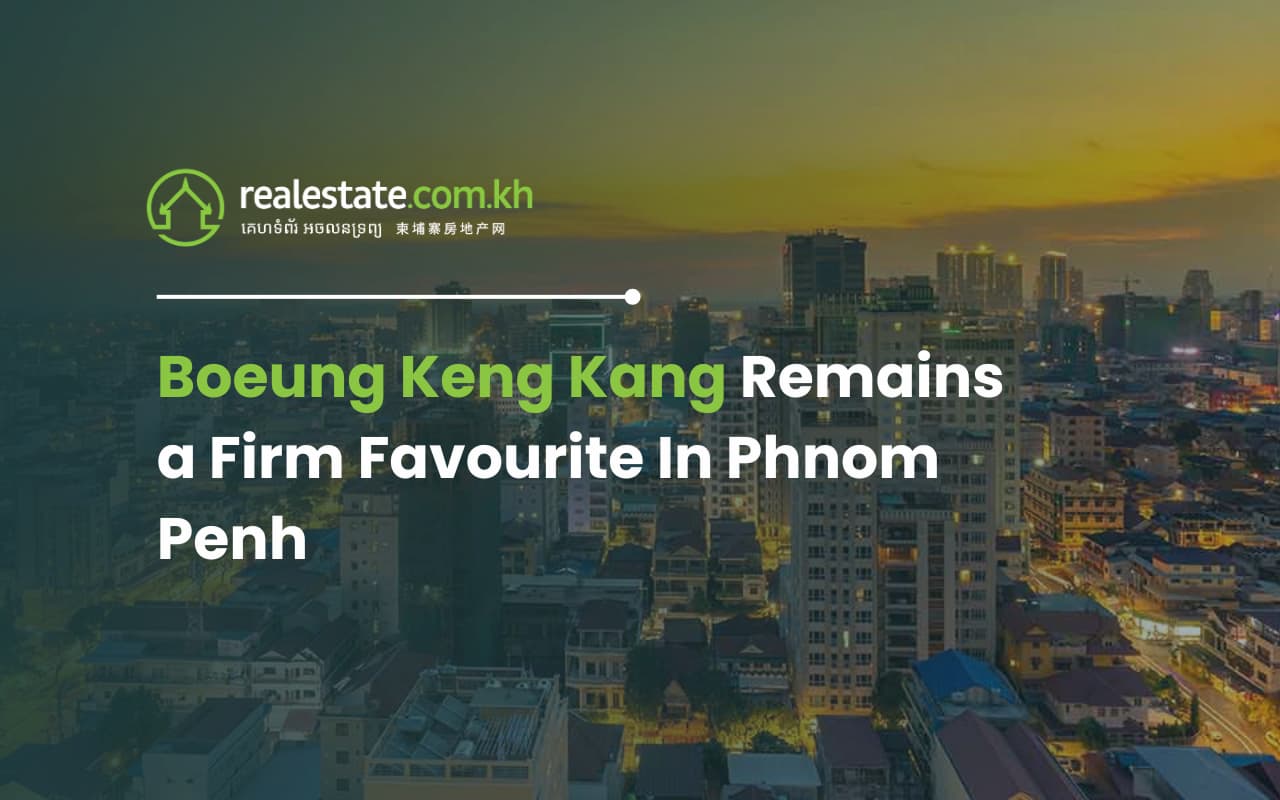
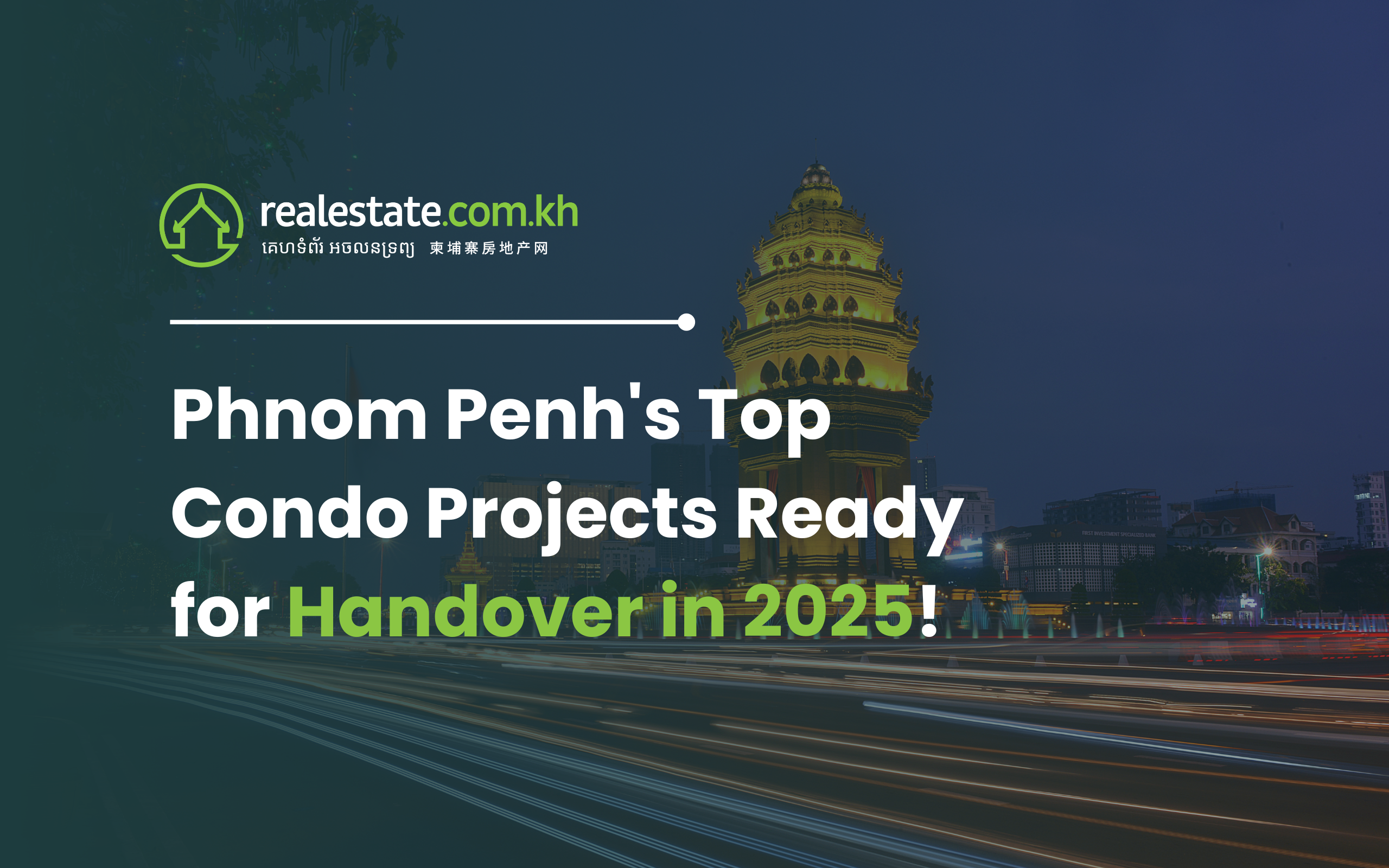
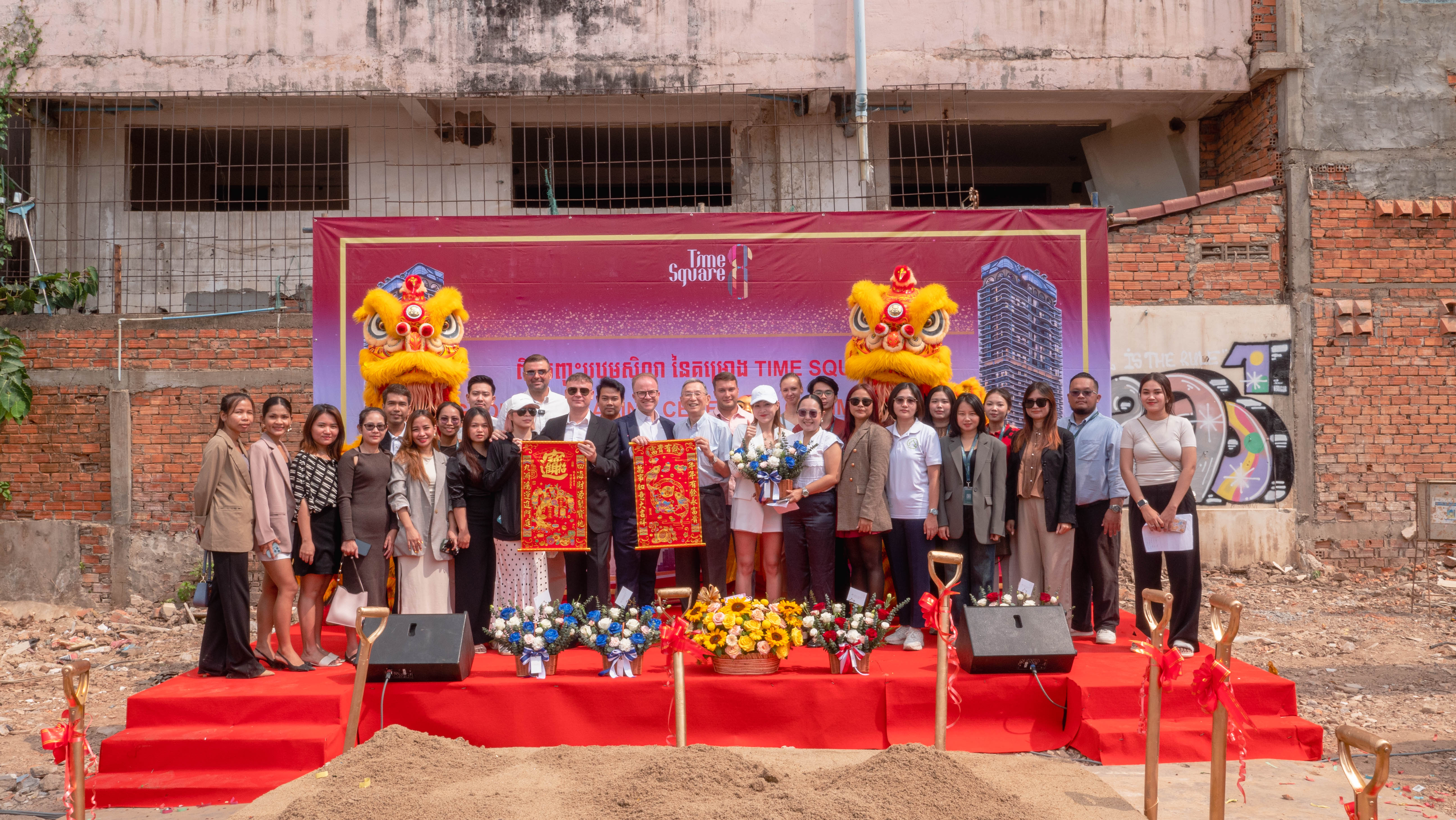
Comments